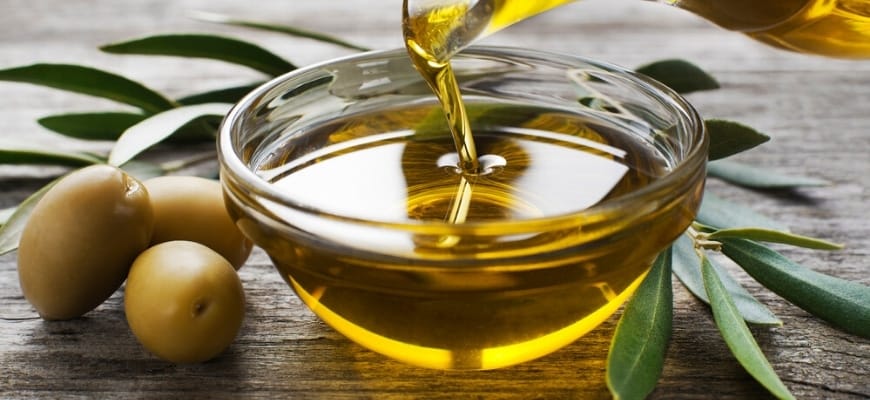In recent years, the idea of using olive oil for sun protection has gained popularity, particularly among those looking for natural alternatives to conventional sunblocks. Olive oil, known for its rich nutrient content and beneficial properties, can offer some degree of protection against UV rays. However, choosing the right type of olive oil and using it correctly is crucial to maximize its benefits. Here’s what you need to know about selecting the best olive oil for sunscreen and the best practices to follow.
Factors to Consider
1. Type of Olive Oil
• Extra Virgin Olive Oil (EVOO): This is the highest grade olive oil derived from the initial pressing of olives. EVOO contains the most nutrients, including antioxidants such as vitamin E and polyphenols, which are important for skin health and UV protection.
• Virgin olive oil: Virgin olive oil is slightly lower in quality than EVOO, although it still has beneficial characteristics in smaller quantities.
• Pure or Refined Olive Oil: These types are treated and may lack the complete range of nutrients present in less processed varieties. For olive oil sun protection, EVOO is the most effective choice.
2. Quality and Purity
• Organic and Cold-Pressed: Choose organic, cold-pressed EVOO to ensure that the oil is devoid of pesticides and chemicals that can hurt your skin.
• Freshness: Olive oil diminishes over time. Check the harvest date and select a bottle that is no older than a year.
3. Packaging
Light and heat can destroy the beneficial characteristics of olive oil, therefore use dark glass bottles. Dark glass bottles insulate the oil from light exposure, preserving its efficacy.
Best Practices
1 Application
1. Direct Application: Apply a thin layer of EVOO directly to your skin. Make sure to cover all exposed areas, including the face, neck, arms, and legs.
2. Timing: Apply the oil at least 20 minutes before sun exposure to allow it to absorb into the skin.
3. Reapplication: Reapply every two hours and after swimming or sweating heavily.
2. Combination with Other Products
Sunscreen: While olive oil instead of sunscreen offers some protection, it is not a substitute for high-SPF sunscreen. For best results, use it with a broad-spectrum sunscreen. Natural Ingredients: Enhance olive oil’s protective qualities by mixing it with other natural sun-protecting ingredients like aloe vera or raspberry seed oil.
3. Daily Use
1. Moisturizing: Incorporate olive oil into your daily skincare routine as a moisturizer. Its hydrating properties help maintain skin elasticity and repair sun damage.
2. Dietary Inclusion: Consuming olive oil can also boost your skin’s resilience to UV damage from the inside out.
4. Limitations
Not a Standalone Solution: Olive oil alone cannot offer complete sun protection. Always combine it with physical barriers like clothing and hats, and avoid peak sun hours when UV radiation is strongest.
Closing remarks
Olive oil for sun protection can be an excellent addition to your sun care regimen, providing natural antioxidants and hydration. For the greatest effects, use extra virgin olive oil and adhere to recommended practices such as proper application and combination with typical sun protection methods. Remember, olive oil instead of sunscreen should not be your sole protection—use it alongside high-SPF sunscreen and protective clothing for optimal safety. For more insights and to remain updated about things related to the mind, body, and soul, consider following BETTER MIND BODY SOUL. They provide valuable information to help you maintain a holistic approach to health and wellness.















